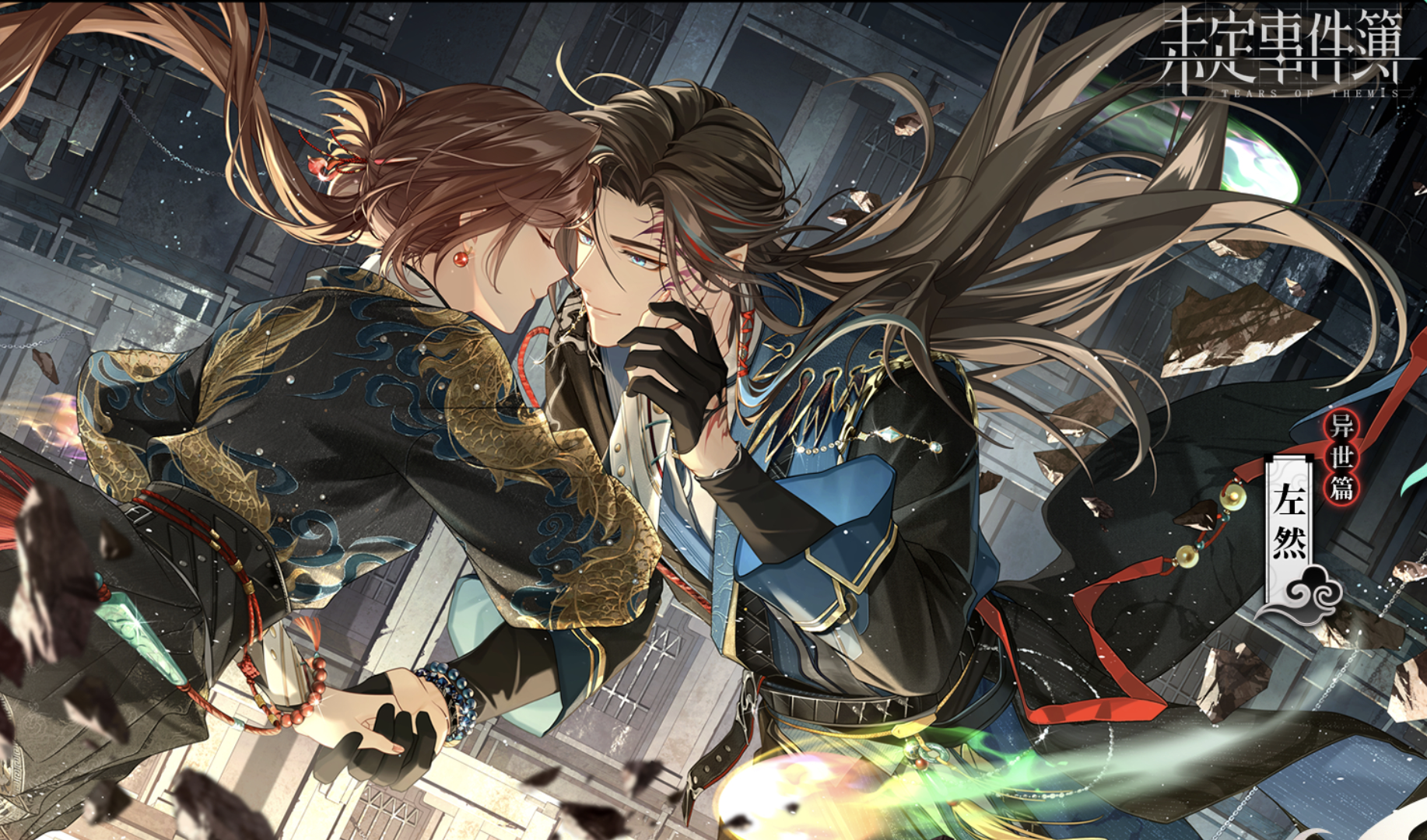RADII has recently reported on how the esports industry is thriving in China, comprising a market valued at tens of billions USD as of 2018 (link in Chinese). Esports players are generally viewed as heroes and stars by more and more Chinese youth. However, when it comes to female players, it looks like a different story.
There are a few prominent female gamers in the space. ColaGirl (Zhu Li), Miss (Han Yiying) and Cany (Xiao Cang) have all won international and national female championships for MOBA (Multiplayer Online Battle Arena) games, including Warcraft Ⅲ: Frozen Throne and StarCraft Ⅱ. These select few have successfully transformed to live commentators, and have been active on the Chinese esports scene since the mid-2000s — but most female players don’t stand a chance to catch up with their male peers, technically or economically.
Related:
 Esports in China Hit the Mainstream with Movie Adaptations and Official Recognition40-episode Tencent series “The King’s Avatar” blends game-like 3D animation with an IRL narrative based on a wildly popular esports-themed online novelArticle Aug 12, 2019
Esports in China Hit the Mainstream with Movie Adaptations and Official Recognition40-episode Tencent series “The King’s Avatar” blends game-like 3D animation with an IRL narrative based on a wildly popular esports-themed online novelArticle Aug 12, 2019
“Compared to male esports players, who may make millions of RMB annually, female players can only make 10% of that,” says Mu Zi, manager of Beijing-based national champion team RE-Girls, in an interview with Chinese language esport publication Titan Dianjing. “Many more ordinary female players can not reach even 5%.”
One of the best currently active female players, Nv Qi, who is the leader of an Arena Of Valor subdivision of RE-Girls, proved that girls are not necessarily un-competitive after her all-female team beat an all-male team on Tencent Video’s talent show Ultimate Masters (Zhong Ji Gao Shou) this year. Discrimination against female players in the esports scene, which Nv Qi addresses within the show, nevertheless still exists, and the vicious circle is hard to escape.
While esports in China have professionalized over the past few years, professional female competitions have been disappearing since last year, further stifling the development of female esports. A lack of professional competitions leads to low exposure, and waning sponsor interest.
To find a way out of this cycle, and to attract audiences as well as capital, most of the all-female esports teams are being reformed into girl idol groups. On top of game livestreaming and learning to commentate during professional games, many female players have recently gotten onto esports-themed talent shows.

Female esports team RE-Girls moonlight as an idol group
Take another Tencent-produced talent show as an example: Carry You (“Honor Girls” in Chinese), which began airing on August 6, invites 45 female Arena Of Valor players from different levels to compete in teams and “present the female players’ spirit.” The contestants mostly have day jobs — white collar office workers, flight attendants, actresses, and startup owners, for example. Few are professional players.
There is an elimination round, followed by competitive 5v5 games in each episode, but what the girls need to do is more than just play Arena Of Valor. They also have to play soccer in inflated uniforms, do cosplay performances, and may also be trained to sing and dance, according to the show’s trailer.


Another reality show — Girls’ Dormitory on Tencent-owned esports streaming platform Penguin Esports — features the most popular contestants from Carry You, allowing the audience to get to know the players more off-stage.
Outside such variety shows, all-female esports club Killer Angel has collaborated with Japanese company Aisan Entertainment Group to create MiKA Girls, an esports-themed idol group. Killer Angel has landed sponsorship from esports platform JBO, while Beijing club RE-Girls has earned endorsements from the likes of Logitech and Li-Ning.
Under Tencent’s much-touted “pan-entertainment strategy,” female esports clubs may have found more methods to strive for public attention, while also fighting to survive. Hopefully we will see a real market for female professional players emerge before long, allowing these esports stars to focus on competing in MOBA (multiplayer online battle arena) games, just like their male counterparts.
—
Cover photo: KA members playing Arena of Valor (Weibo)

























